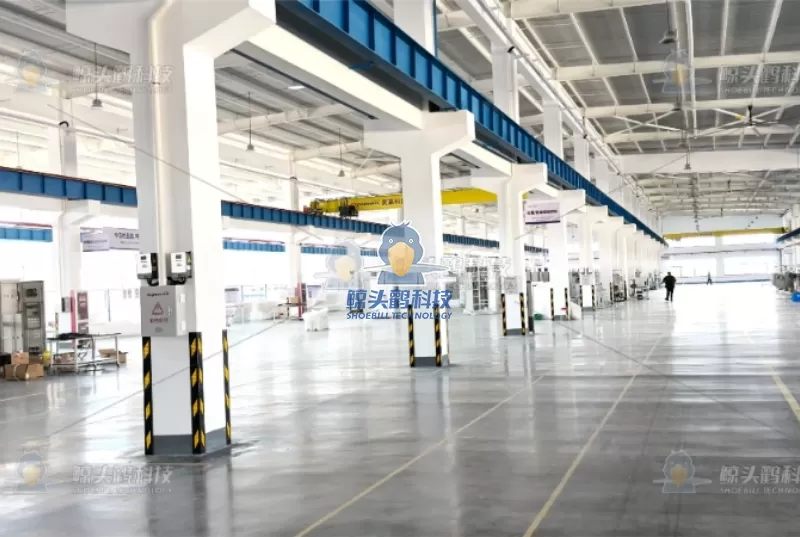Introduction to Purified Water Systems in Pharmaceuticals
The pharmaceutical industry is a sector that demands the highest standards of purity and safety in its products. One of the critical components in ensuring these standards is the use of purified water systems. Purified water is essential in the manufacturing process of drugs, as it is used in the preparation of solutions, as a solvent, and in the cleaning and rinsing of equipment. This article delves into the importance of purified water systems in the pharmaceutical industry, the types of systems used, and the steps taken to ensure the water's purity.
The Importance of Purified Water in Pharmaceuticals
Purified Water as a Key Ingredient
Purified water is not just water that has been cleaned; it is water that has been processed to remove impurities and contaminants to a level suitable for pharmaceutical use. In the pharmaceutical industry, the quality of water used can directly impact the safety and efficacy of the final product. Therefore, a purified water system is crucial for producing high-quality drugs that meet regulatory standards.
Regulatory Compliance and Quality Assurance
Pharmaceutical companies must adhere to strict regulations set by agencies such as the FDA and the European Medicines Agency (EMA). These regulations dictate the quality, purity, and testing of water used in pharmaceutical processes. Purified water systems are designed to comply with these standards, ensuring that the water used in manufacturing is free from harmful substances that could compromise the drug's safety.
Types of Purified Water Systems
Reverse Osmosis Systems
One of the most common methods for purifying water in the pharmaceutical industry is through reverse osmosis. This process involves forcing water under pressure through a semi-permeable membrane that filters out ions, molecules, and larger particles. This system is effective in removing a wide range of contaminants, making it a popular choice for initial water purification.
Ultrafiltration Systems
Ultrafiltration is another purification method used in conjunction with or after reverse osmosis. It uses a pressurized system to force water through a membrane with smaller pores, effectively removing even smaller particles and microorganisms. This system is crucial for achieving the high level of purity required in pharmaceutical applications.
Distillation Systems
Distillation is a process where water is boiled into vapor and then condensed back into a liquid. This method is highly effective at removing impurities, as only water turns into vapor at its boiling point, leaving behind most contaminants. Distillation is often used as a final step in the purification process to ensure the highest level of purity.
https://www.orisunindustry.com/RO-water-Treatments.html
Orisun group



More Stories
Enhancing Efficiency and Precision with Single and Double Station Winding Machines
Solar Panel Tracking Mount: The Complete Professional Guide to Maximizing Solar Energy Efficiency
Key Features to Look for in a Single-Acting Scotch Yoke Pneumatic Actuator + Bevel Gear